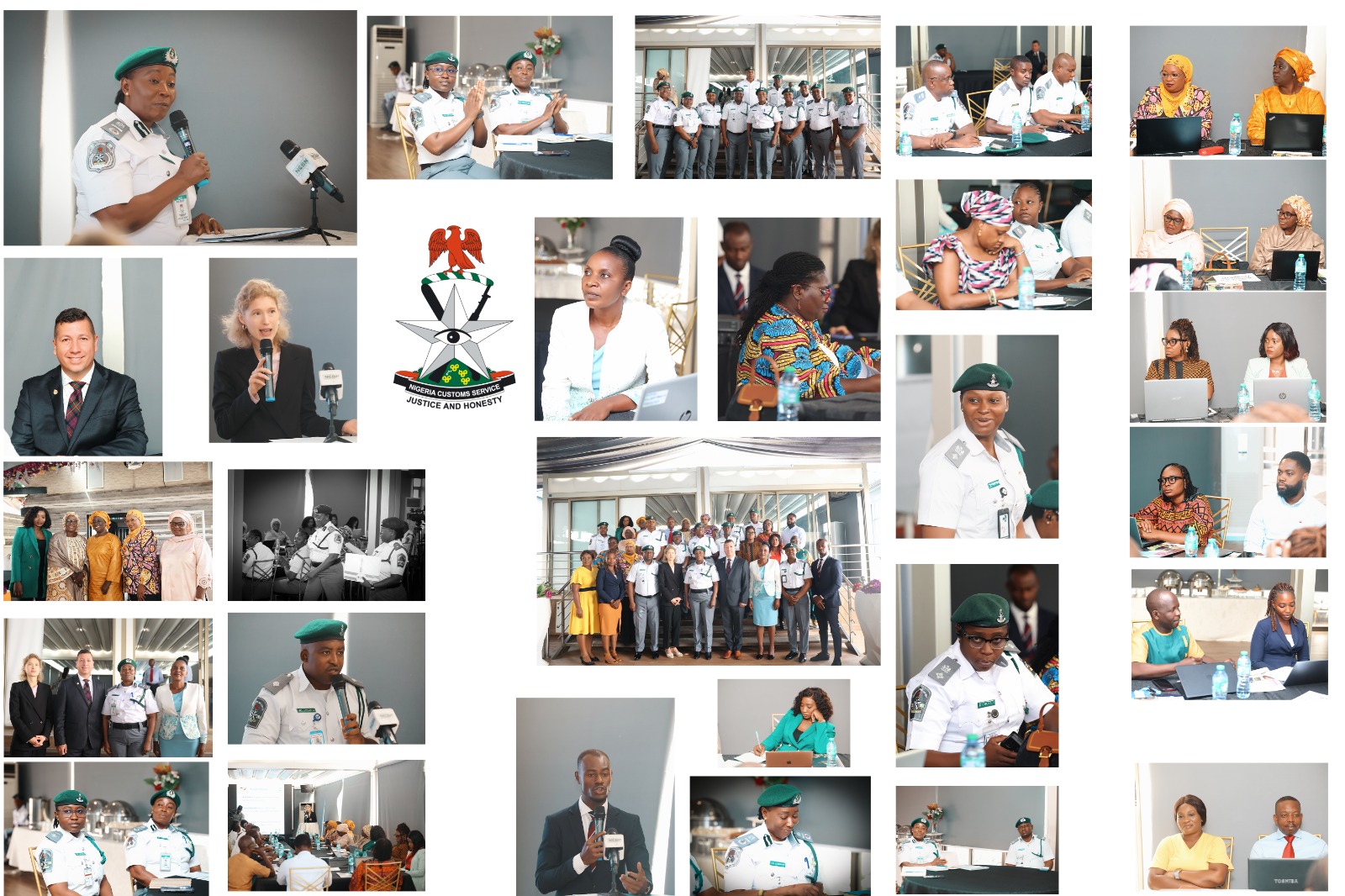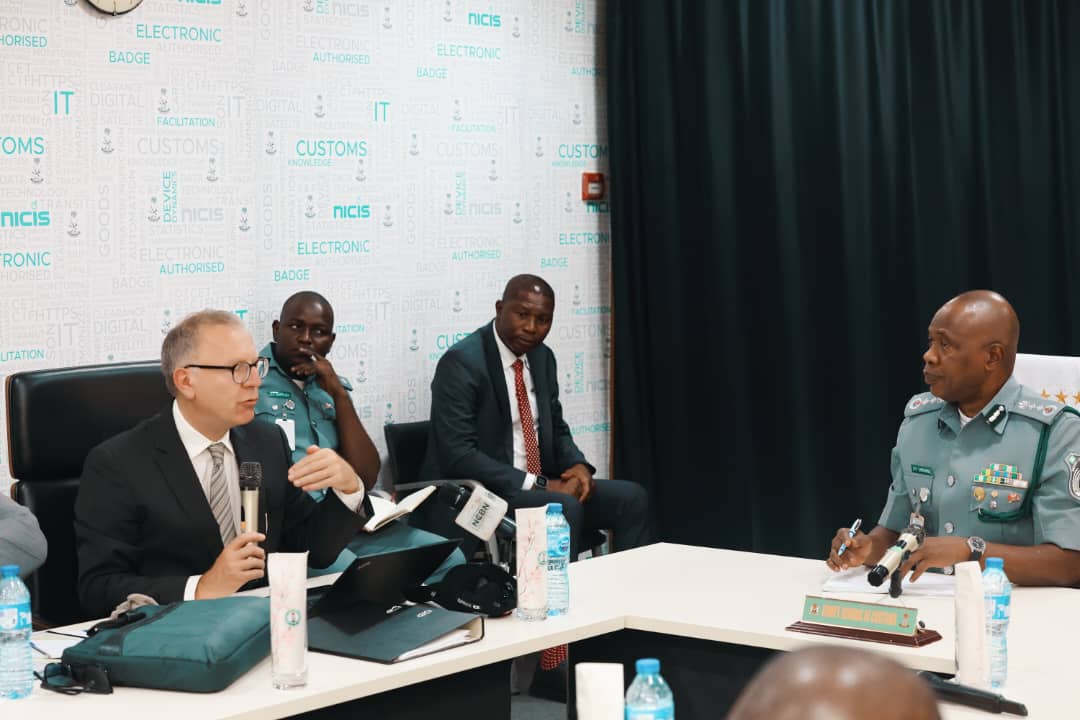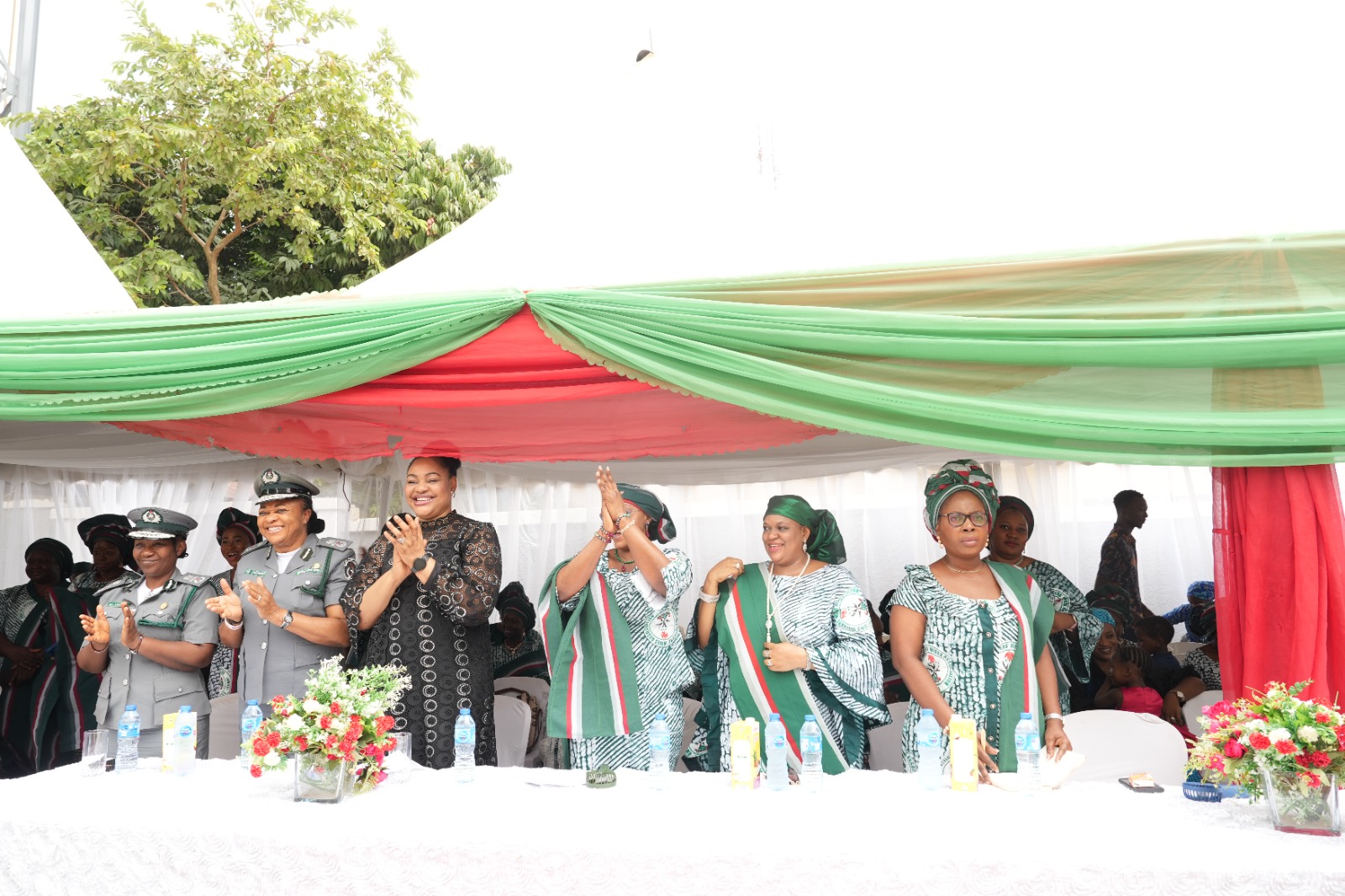Foreign
Uproars in Ghana Parliament over Electronic Payments Tax

On the floor of Ghana’s parliament late on Monday there is uproar by the lawmakers over a proposed tax on electronic transactions that has divided the house for weeks.
The 1.75% e-levy, which would include taxes on mobile money payments, has been fiercely challenged by the opposition since it was first proposed last month and held up the passing of the national budget.
Members of parliament rushed the front of the chamber after deputy speaker Joseph Osei-Owusu suggested the tax be debated and voted upon under a hastened “urgency” procedure. Some threw punches and grappled while others restrained their colleagues.
A vote on whether to proceed with the urgency procedure was postponed to Jan. 18.
Minority leader Haruna Iddrisu on Tuesday said the country’s democracy is growing, and will not suffer some of these unacceptable sins and spectacles witnessed on the floor,”
Finance minister Ken Ofori-Atta argues that the levy would widen the tax net and raise an additional 6.9 billion Ghanaian cedi ($1.15 billion) in 2022.
Those opposed to the levy say it would disproportionately affect lower-income people and those outside the formal banking system who rely heavily rely on mobile money transfers, reducing overall economic activity.
Ofori-Atta has promised to hold further discussions with stakeholders about the levy.
Read Also:
House of Reps to Investigate Debt Owed by Oil and Gas Companies
G20 leaders endorse global minimum tax on big businesses
MTN Owes Nigeria, Has Payment Plan with FIRS, Says Nigerian Government
ADVERTISEMENT

ADVERTISEMENT
Customs Corner
Nigeria Customs Service Reaffirms Commitment to Gender Equality in Decision-Making

Author: Bashir Muhammad.
The Nigeria Customs Service (NCS) has reiterated its dedication to promoting gender equality in decision-making processes as part of its efforts to combat gender discrimination and gender-based violence.


At a capacity-building workshop on gender inclusivity, co-organized by the World Customs Organization (WCO) and the NCS in Abuja on Monday, April 22, 2024, the Comptroller-General of Customs, Bashir Adewale Adeniyi, reaffirmed his commitment to fostering a gender-inclusive environment within the service.
Acting Deputy Comptroller-General of Customs, Caroline Niagwan, represented the CGC at the event, where she emphasised the need for clear policies and procedures to address gender discrimination, harassment, and biases within the NCS.
“Our aim is to create a workplace where everyone has equal opportunities to grow and contribute to the service’s success, regardless of gender,” the CGC said. “We are committed to addressing gender discrimination, harassment, and biases within our ranks, and we will work tirelessly to ensure that our policies and practices reflect this commitment.”
The workshop brought together customs officials, gender experts, and stakeholders to discuss strategies for promoting gender inclusivity and addressing gender-based violence in the workplace.
With this reaffirmed commitment, the NCS demonstrates its dedication to creating a more inclusive and equitable work environment where all employees can thrive and reach their full potential.
Customs Corner
European Union Proposes ‘Getaway Corridor’ Project to Combat Illicit Trafficking

Author: Cynthia Ikebudu.
In a bid to tackle the rampant issue of illicit trafficking and smuggling across borders, the European Union (EU) unveiled a groundbreaking initiative aimed at enhancing law enforcement and trade facilitation at the Nigeria Customs Service Headquarters in Abuja on 16 April 2024.


The project, titled “Getaway Corridor,” according to EU representatives Louis Jacques Blondiau and Thierry Thimon, is set to cover ten countries, including Nigeria, with the goal of curbing illicit activities on the borders and suppressing smuggling operations.
Louis Jacques Blondiau, the leader of the group, emphasised that the Getaway Corridor project entails the development of a road infrastructure network designed to serve as a gateway for combating anti-smuggling activities while promoting trade facilitation. According to him, “each participating country will designate a specific zone for the project’s execution, which will involve four key phases: identification, implementation, evaluation, and project ownership, ensuring alignment with local needs and priorities.”
During the meeting, the Comptroller-General of Customs (CGC), Bashir Adewale Adeniyi, commended the EU’s initiative, acknowledging its potential to significantly enhance the effectiveness of law enforcement efforts in Nigeria. He pledged the full support of the Nigeria Customs Service and other relevant agencies in ensuring the successful execution of the project.

“The proposed Getaway Corridor project marks a significant step towards strengthening international cooperation in combating illicit flows and promoting trade security within the region. With the commitment of both the EU and Nigerian authorities, it is poised to make a meaningful impact in curbing illegal activities and fostering sustainable development,” the CGC stated.
Customs Corner
COWA Celebrates 2024 International Women’s Day, Fosters Growth in Productivity

Author: Iruoghene Abra.
The National President of the Customs Officers’ Wives Association (COWA) and wife of the Comptroller General of the Nigeria Customs Service, Mrs. Kikelomo Adeniyi, has continually encouraged the productiveness of its members to attain their full potential.


Marking the 2024 International Women’s Day (IWD) on Friday, March 8, 2024, at the COWA Secretariat, the National President of COWA emphasized the importance of the IWD theme, ‘Inspire Inclusion.’ She urged women to celebrate diversity.
Mrs. Kikelomo Adeniyi stressed that women must overcome obstacles and stereotypes to achieve gender equality. She said they must also foster an environment that supports women’s growth and respects and values their contributions.


While speaking, the National President noted that COWA will keep pursuing the economic inclusion and empowerment of her members. Reminiscing COWA’s relaunch on February 15, 2024, the President announced a plan to train and empower 1,200 women to enable them to contribute meaningfully to their family’s economy and society.
According to the National President of COWA, “I am happy to note that in the Nigeria Customs Service, obstacles facing female officers have been eliminated daily. Women are given the opportunity to contribute meaningfully to national development”.
She further said, “It is particularly gratifying to note that today, we have quite a number of senior female officers in the management team. Some serving as Customs Area Controllers, Zonal Coordinators, and other strategic Units of the service.
I believe that someday, in the not-too-distant future, we will all be alive to see the emergence of a female comptroller General of Customs. I strongly believe that investing in women is good for families, communities, and the national economy. It is a powerful means to inclusion”.
Mrs Adeniyi revealed the COWA Skills Acquisition Center in Karu is currently under construction, where members will receive constant training and retraining. She urged members to be at the forefront of making the desired change.
The CEO of Madame Merola Global Enterprises, Madame Merola, implored the women to know their purpose as it is crucial to modern society. She said if women must be included in the places of authority, they must come out and show their abilities.
She highlighted the vitalities of the four Ps to include Purpose, Persona, Perception and People. She encouraged women to grow, evolve and be a better version of themselves. She advised them to communicate with others, stating that there are attributes they possess that others need and until they speak to others, they might not be recognized.
-

 Revenue Streams2 years ago
Revenue Streams2 years agoCommunication Ministry Gives Zero Allocation to Nipost Out of N137.2billion Capital Votes
-

 Customs Corner2 years ago
Customs Corner2 years agoCustoms Emerges Champions of 2022, Male, Female National Volleyball Super Cup
-

 Newsroom4 years ago
Newsroom4 years agoNNPC Blames #EndSARS Protests, As Fuel Queues Return
-

 ICT5 years ago
ICT5 years agoFinally! Huawei Launched Harmony OS | Let the Rivalry Begins with AndrodOS
-

 Naija News6 years ago
Naija News6 years agoINEC registers 23 new political parties. YES, RAP, UP, 20 other parties
-

 COVID-194 years ago
COVID-194 years agoVaccine Trials Starts Round The World: All You Need to Know
-

 Customs Corner3 years ago
Customs Corner3 years agoArea Controller, Murtala Muhammed International Airport Command Passes On
-

 Foreign2 years ago
Foreign2 years agoPhilippines’ Duterte Blocks Bill to Register Social Media Users






